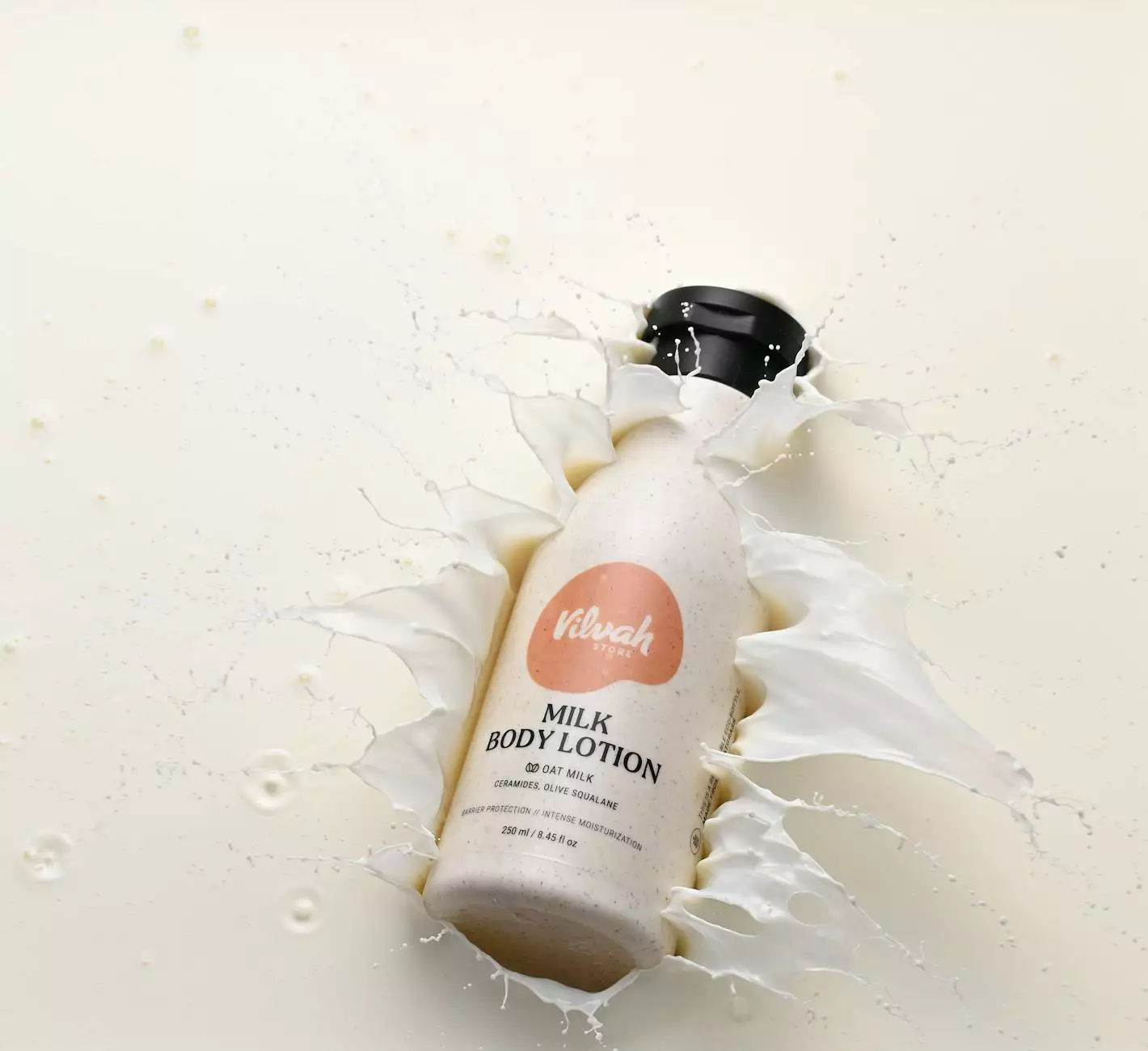The Definitive Guide to Tooth Guards for Grinding Teeth

Grinding teeth, medically known as bruxism, is a common condition that affects many individuals across the globe. People affected by this condition often unconsciously grind or clench their teeth, which can lead to a series of dental issues. One of the most effective ways to combat these problems is through the use of a tooth guard for grinding teeth. In this comprehensive guide, we will delve into what tooth guards are, how they work, their benefits, and how to choose the right one for your needs.
Understanding Teeth Grinding
Teeth grinding can occur during the day or at night and is often associated with stress or anxiety. It can result in:
- Tooth damage: Continuous grinding can wear down the enamel and lead to cracks or chips.
- Pain: Individuals may experience jaw pain, headaches, and earaches.
- Discomfort: Chronic grinding can result in muscle tension and stiffness in the jaw.
- TMJ Disorders: Teeth grinding can contribute to temporomandibular joint disorders, leading to further complications.
Given these potential issues, addressing bruxism is crucial for maintaining optimal oral health.
What is a Tooth Guard?
A tooth guard for grinding teeth is a dental appliance, typically made from durable plastic, that is worn over the teeth. Its primary function is to create a barrier between the upper and lower teeth to prevent direct contact. This prevents damage caused by grinding while helping to alleviate discomfort associated with bruxism.
Types of Tooth Guards
There are several types of tooth guards available, each with its unique features:
- Custom-Made Guards: These are crafted specifically for your mouth by a dental professional. They offer the best fit and protection.
- Boil-and-Bite Guards: These are made from thermoplastic material that softens when boiled. You can mold them to your teeth yourself.
- Stock Guards: Pre-formed and ready to wear, these are the least expensive option but often the least comfortable.
Benefits of Using a Tooth Guard
There are numerous benefits associated with using a tooth guard for grinding teeth. Here are some of the key advantages:
- Protects Teeth: A tooth guard acts as a cushion against the impact of grinding, significantly reducing the wear and tear on the enamel.
- Reduces Discomfort: By alleviating pressure on the jaw and surrounding muscles, tooth guards can help reduce jaw pain and headaches.
- Improves Sleep Quality: For those who grind their teeth at night, using a guard can improve overall sleep quality by minimizing disturbances caused by grinding.
- Cost-Effective: Preventing damage through the use of a tooth guard can save on expensive dental repairs in the long run.
How to Choose the Right Tooth Guard
Selecting the right tooth guard for grinding teeth can be a daunting task due to the variety of options available. Here are some important factors to consider:
1. Comfort
It's essential to choose a guard that feels comfortable in your mouth. A good fit will encourage you to wear it consistently.
2. Material
Tooth guards are made from different materials, including soft, hard, and dual-layer types. Soft guards offer comfort but may wear out quickly, while hard guards provide more durability but may take some time to get used to.
3. Price
Price can vary significantly, with custom guards typically being more expensive than over-the-counter options. However, consider this an investment in your dental health.
4. Recommendation from a Dental Professional
Consulting with a dentist can provide tailored recommendations based on your specific dental health needs and grinding severity.
How to Care for Your Tooth Guard
Proper care of your tooth guard for grinding teeth is crucial to ensure its longevity and effectiveness:
- Clean Daily: Rinse it with warm water after each use, and use a toothbrush and mild soap for thorough cleaning.
- Store Properly: Keep your guard in its case when not in use to avoid damage and contamination.
- Avoid Heat: Do not leave your guard in direct sunlight or hot water, as this can warp the material.
Potential Drawbacks
While tooth guards are incredibly beneficial, there are a few drawbacks to consider:
- Adjustment Period: It may take time to get used to wearing a tooth guard, especially if you wear it at night.
- Discomfort: Some individuals may experience initial discomfort or irritation when first using a guard.
- Cost: Custom-made guards can be expensive, although they often provide the most comfort and protection.
Consultation and Professional Guidance
If you suspect you may have bruxism, it’s essential to consult a dental professional. A dentist can provide an accurate diagnosis and create a personalized treatment plan that may include the use of a tooth guard for grinding teeth. Through professional evaluation, you can better understand the underlying causes of your grinding and explore options for managing stress, which may contribute to the condition.
Conclusion
In conclusion, a tooth guard for grinding teeth can be a valuable tool in protecting your oral health and enhancing your quality of life. With a variety of options available, it is essential to choose a guard that fits your comfort level and dental needs. Consulting with a dental professional can further guide you in selecting the best tooth guard. Remember, preventing dental issues is always more effective than treating them after they arise, so take proactive steps to protect your smile today.
For more information on tooth guards and other dental health solutions, visit medentalsf.com.









